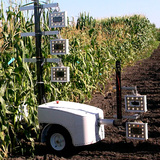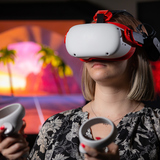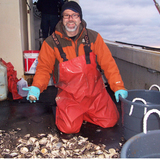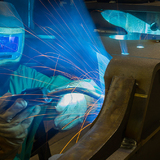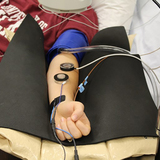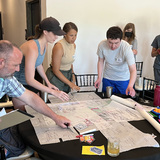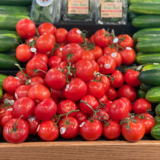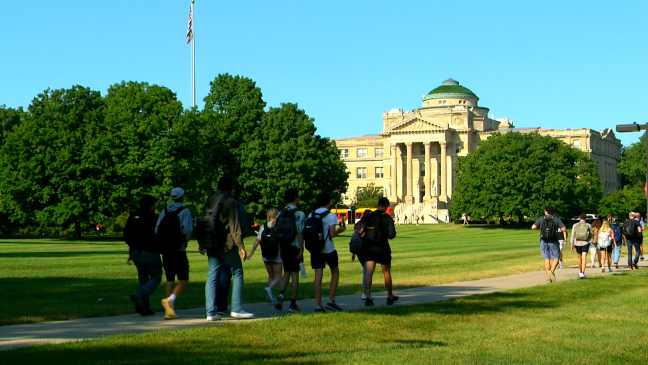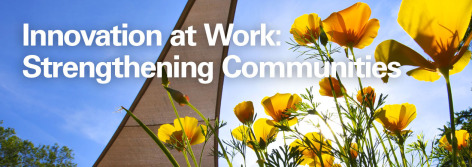News Archive
Thursday, August 25 2022
-
Iowa State students transform data to solve community problems
This summer, Iowa State University students worked on projects addressing local and state government challenges across Iowa, including employment for people with disabilities, analyzing local housing needs, wholesale local food price benchmarking and more.
-
Researchers working to help Ukrainian refugees find housing, integrate into the Midwest
Iowa State researchers will study which factors determine successful integration of Ukrainian refugees into Midwestern communities. Their work will focus on improving housing conditions for the refugees. The project is supported by a grant from the National Science Foundation's Civic Innovation Challenge.
-
Researchers studying leaf angle aim to improve yields, inspire young scientists
To better understand the underlying structure of corn leaf angle, an interdisciplinary research team is working to identify the genes using a robot developed at Iowa State to capture 3D images of corn in the field as well as transcriptomic- and CRISPR-based tools. The research, supported by a $2.5 million National Science Foundation grant, has the potential to aid in the engineering of new hybrids and boost yields.
-
Researchers explore how people adapt to cybersickness from virtual reality
Initial results from an Iowa State study indicate cybersickness symptoms from virtual reality improve with just three, 20-minute sessions over a week, but a higher percentage of women and people who are prone to motion sickness have a harder time adapting.
-
Study shows Gulf of Maine cooling for 900 years, then quickly warming since late 1800s
Researchers combined a marine history based on geochemical information in clam shells with thousands of computer simulations to determine that centuries of cooling in the Gulf of Maine suddenly reversed in the late 1800s. The researchers' climate models say greenhouse gas emissions have been a major driver of the warming in the Gulf of Maine.
-
Apprentices hone their writing, speaking skills through ISU-John Deere partnership
Through a partnership with John Deere, faculty in ISU’s English Department are helping high school apprentices sharpen their writing and speaking skills through a four-week communications training in Davenport, Waterloo and East Moline, Illinois.
-
Linking diversity at performing arts nonprofits with marketing, funding, location
Researchers tracked changes in the racial makeup and income levels of customers at two dozen nonprofit performing arts organizations over seven years. They then investigated how marketing and other factors, like location and funders, impacted what they define as customer diversity, equity and inclusion (DEI).
-
Training blood vessels may help protect against heart attack, stroke
A growing number of studies indicate short, repeated bouts of reduced circulation with a blood pressure cuff may help reduce tissue damage and prevent the worst outcomes of heart attacks and strokes. Researchers have found the simple, noninvasive procedure can boost vascular and cardiac functions, modestly lower blood pressure and reduce the heart’s workload.
-
Iowa State students provide landscape expertise in proposed Mississippi River bridge project
Iowa State University landscape architecture students are involved in what could one day be the longest wildlife bridge in the world: a proposed multi-use bison crossing and public viewing area over the Mississippi River.
-
Who trusts gene-edited foods? New study gauges public acceptance
Researchers at ISU surveyed a nationally representative sample of 2,000 U.S. residents to gauge public acceptance of gene-edited foods. Social factors like food beliefs and trust in institutions played a big role in the participants' willingness to eat or actively avoid products made with gene-editing technologies.


